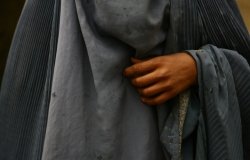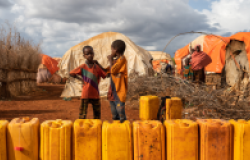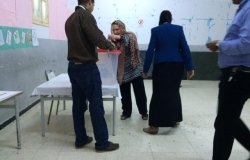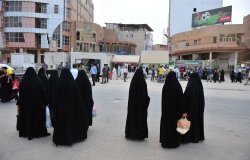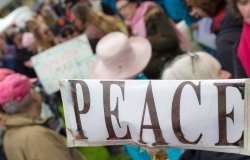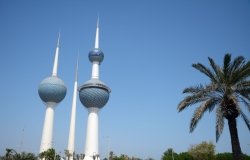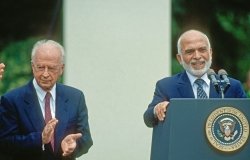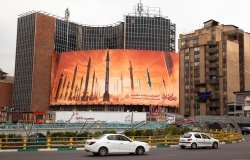Egypt: A U.S. Dilemma
Ambassador Mahmoud Karem analyzes the challenges before the Egyptian revolution, discusses how to build consensus in a polarized environment, and lists a few policy objectives for Egypt and the United States.
Overview
Mahmoud Karem, former Egyptian Ambassador to the EU, NATO, Belgium, Luxembourg, and Japan, analyzed the challenges that Egypt faces in its transition to democracy and how they relate to policy objectives for both Egypt and the United States.
On April 10, the Middle East Program at the Woodrow Wilson Center hosted a meeting, “Egypt: A U.S. Dilemma” with Karem. Haleh Esfandiari, Director of the Middle East Program at the Wilson Center, moderated the event.
Karem first asserted Egypt’s unique role within the international community: its strategic geographic location as a hub for energy and trade; central role in building peace in the Middle East with the 1979 Egypt-Israel Peace Treaty; strong national identity; and strong relationship with the United States. He emphasized that the Egyptian revolution’s failure or success will have far-reaching implications as Egypt’s instability would destabilize the whole region while a successful democratic transition would replicate itself “in the rest of the world and in particular in the Middle East.” For these reasons, he said, “Egypt remains indispensable for international peace and security.”
Regarding the revolution, Karem said that it brought progress but also challenges. While removing people’s fear, the revolution also paved the way for democratization. It allowed free elections and the democratic establishment of political parties, with more than 70 such parties established currently. But the revolution also brought challenges, he argued, insisting on the need to “surpass the period of transitional justice and go toward stability” by addressing human rights and other issues such as the use of torture.
Karem argued that “volatility, polarization, and stereotyping” now define Egyptian politics, and that “liberals versus conservatives” and “Muslims versus Christians” mindsets increasingly dominate the political arena. On the latter, he condemned the April 7 sectarian clashes at the Coptic Orthodox Cathedral in and around Cairo, saying that the root causes of the problem rely more on “misinterpretation of laws rather than on hatred,” causes that were, according to him, perpetuated by the old regime.
Discussing the ongoing political instability, Karem emphasized the need for a transparent national dialogue “to build consensus and reach compromise” and the participation of the opposition to shape the future of the country. He noted that Egypt is bound to international standards of human rights and lamented the country’s difficulties in complying with them, in particular on issues such as the establishment of procedures and freedom of expression. Regarding the drafting of laws and the constitution, he argued that “ambiguities and haste will not contribute to a stable democratic transformation in Egypt” and that “redrafting parts of the constitution would diffuse a great deal of anxieties.” Finally, he expressed doubts on the Shura Council’s role in making laws in the current Egyptian political vacuum—reminding that the council has an established role of consultation only. He said, for example, that the draft law on demonstrations contained “gray areas” that needed to be addressed before the law is passed. Karem concluded by saying that security problems, in the Sinai in particular, represent challenges for both Egypt and the United Sates and that “democracy and security are equally important.”
By Valérie Guillamo, Middle East Program
Speaker
Hosted By

Middle East Program
The Wilson Center’s Middle East Program serves as a crucial resource for the policymaking community and beyond, providing analyses and research that helps inform US foreign policymaking, stimulates public debate, and expands knowledge about issues in the wider Middle East and North Africa (MENA) region. Read more
Thank you for your interest in this event. Please send any feedback or questions to our Events staff.
